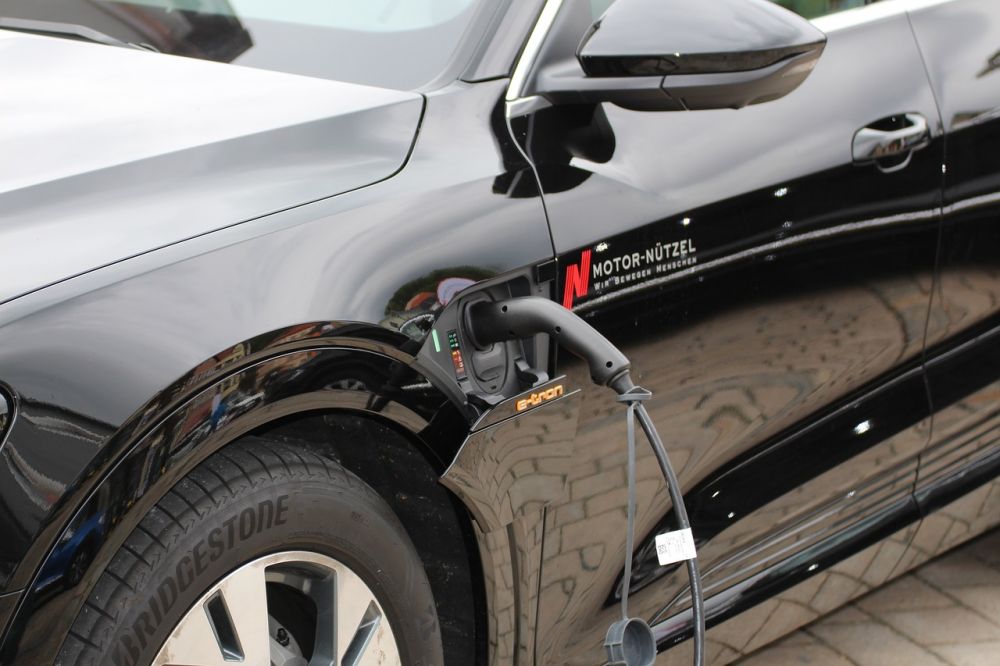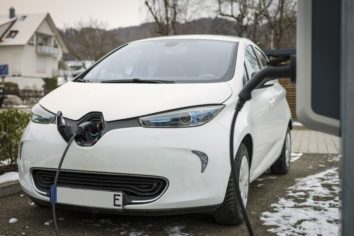Kia Electric Vehicles: An In-depth Overview

Kia Electric Vehicles – Revolutionizing the Automotive Industry
Introduction:

Kia Motors has taken significant strides in the electric vehicle (EV) market, presenting a wide range of electric cars that combine sustainable driving with cutting-edge technology. This article aims to provide a comprehensive overview of Kia electric vehicles, discussing their types, popularity, technical specifications, historical advancements, and the key factors that drive car enthusiasts’ purchase decisions.
I. An In-depth Presentation of Kia Electric Vehicles
A. Types and Models:
1. The Soul EV:
– Compact and versatile design
– Impressive acceleration and range
– Top-rated safety features
2. The Niro EV:
– Crossover utility vehicle with spacious interiors
– Exceptional efficiency and driving range
– Advanced regenerative braking system
3. The EV6:
– Kia’s flagship electric vehicle
– Sleek design and cutting-edge technology
– Ultra-fast charging capabilities
B. Popularity and Market Trends:
1. Growing demand for electric vehicles:
– Increased environmental consciousness
– Government incentives and regulations
– Advancements in EV technology
2. Kia’s market share and success in the EV segment:
– Consumer satisfaction and positive reviews
– Expanding charging infrastructure
– Competitive pricing compared to rivals
II. Quantitative Measures of Kia Electric Vehicles
A. Electric range and battery performance:
– Kilowatt-hour (kWh) ratings and their significance
– Comparative analysis of Kia EVs’ driving range
– Impact of driving habits on range estimation
B. Charging capabilities and infrastructure:
– Different charging options: AC vs. DC
– Charging times and availability of fast-charging stations
– Kia’s collaboration with charging networks
III. Differentiating Factors among Kia Electric Vehicles
A. Design and Styling:
– Distinctive features of each model
– Emphasis on aerodynamics and efficiency
– Customization options to suit individual preferences
B. Performance and Driving Dynamics:
– Acceleration and top speeds compared across models
– Handling characteristics and driving modes
– Regenerative braking technology and its impact on driving experience
C. Technology and Connectivity:
– Infotainment systems and user interfaces
– Advanced driver-assistance systems (ADAS)
– Integration of smartphone apps and Kia’s UVO Connect system
IV. Historical Overview of Pros and Cons of Kia Electric Vehicles
A. Advantages:
– Zero tailpipe emissions and reduced carbon footprint
– Lower operating costs (fuel, maintenance)
– Enhanced driving experience with instant torque
B. Challenges and Improvements:
– Limited charging infrastructure in some regions
– Initial high purchase cost and price parity concerns
– Battery durability and degradation over time
V. Decisive Factors Influencing Car Enthusiasts’ Purchase Decisions
A. Driving Range and Battery Performance:
– Importance of range anxiety and overcoming it
– Battery technologies and advancements (solid-state, etc.)
– Comparing Kia EVs with competitors on range metrics
B. Charging Infrastructure and Convenience:
– Accessibility of charging stations during daily commutes
– Availability of fast-charging options for long journeys
– Kia’s efforts in expanding charging network partnerships
C. Cost and Incentives:
– Purchase price, leasing options, and financial incentives
– Reduced maintenance and operational expenses
– Resale value and potential tax benefits
Conclusion:
Kia electric vehicles have made significant contributions to the EV market, offering a diverse lineup catering to different consumer preferences. By addressing key aspects such as range, performance, charging infrastructure, and cost, Kia has positioned itself as a formidable player in the electric vehicle industry. As technology continues to advance, Kia’s commitment to sustainable, stylish, and technologically advanced electric vehicles ensures that it remains at the forefront of an evolving automotive landscape.
Video Presentation: Kia EV6 – Redefining Electric Mobility
[Embed video showcasing the Kia EV6’s design, performance, and innovative features]
Video Presentation: Kia UVO Connect – Seamless Connectivity
[Embed video highlighting Kia’s UVO Connect system and its features]
FAQ
What are some advantages of Kia electric vehicles?
What are the key factors that influence car enthusiasts' decision to purchase a Kia electric vehicle?
What types of Kia electric vehicles are available?
Fler nyheter
Intensivkurs körkort Borås: en guide till snabb och effektiv körkortsutbildning
Kia Electric Vehicles – Revolutionizing the Automotive Industry Introduction: Kia Motors has taken significant strides in the electric vehicle (EV) market, presenting a wide range of electric cars that combine sustainable driving with cutting-e...
04 juni 2025
Förmånscykel: en investering för hälsa och ekonomi
Kia Electric Vehicles – Revolutionizing the Automotive Industry Introduction: Kia Motors has taken significant strides in the electric vehicle (EV) market, presenting a wide range of electric cars that combine sustainable driving with cutting-e...
02 juni 2025











